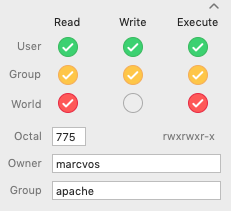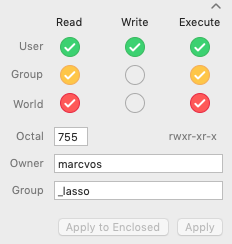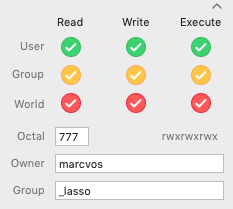
Version 1.2.9 of the Blogspot.stack was released on 05 Feb 2020
If you purchased this stack, you can download the latest version via your Paddle account.
If not, you can read more about it here .
Changes, additions and fixes:
- Sorting of categories case-insensitive did not work with PHP7. This has been fixed.
- A new feature has been implemented to speed up the loading of Archive-links. Read below or see 'Smart Archives' tab next to the 'Version History' tab.
Smart Archives
Smart Archives is a feature to speed up loading of your blog. Its goal is to store archive links locally in a file, and with future requests of your webpage, read that file instead of querying Google again. The file is updated once a day, so one of your website visitors may experience slower loading times, but only when you have more than 500 posts in your archives.There are some important settings on the server to get this to work.
The Smart Archives feature assumes a subfolder 'files', which normally is created when publishing a Stacks-page:

This folder must be writable by Apache (the webserver).
If you use Panic's Transmit , then you can see if that is the case.
In the following examples, I will show you how that looks and how you can change it:
If Apache is mentioned as 'owner', the folder is writable and you do not have to change anything.
When Apache is mentioned as 'group', you have to click the empty circle for 'group' only, leaving the 'world'-circle empty, and click 'Apply' (do not click 'Apply to Enclosed'):

In my case, 'files' is not writable by Apache, because Apache is not mentioned as 'owner' or 'group', and 'world' may not write:

Click the empty circles under 'Write' to make the folder writable by 'group' and 'world' (i.e. any user), and click 'Apply' (do not click 'Apply to Enclosed'):

The Blogspot.stack checks if the subfolder 'files' is writable or not. If not, it will function normally as before, and pull the archives from Google on each webpage request.